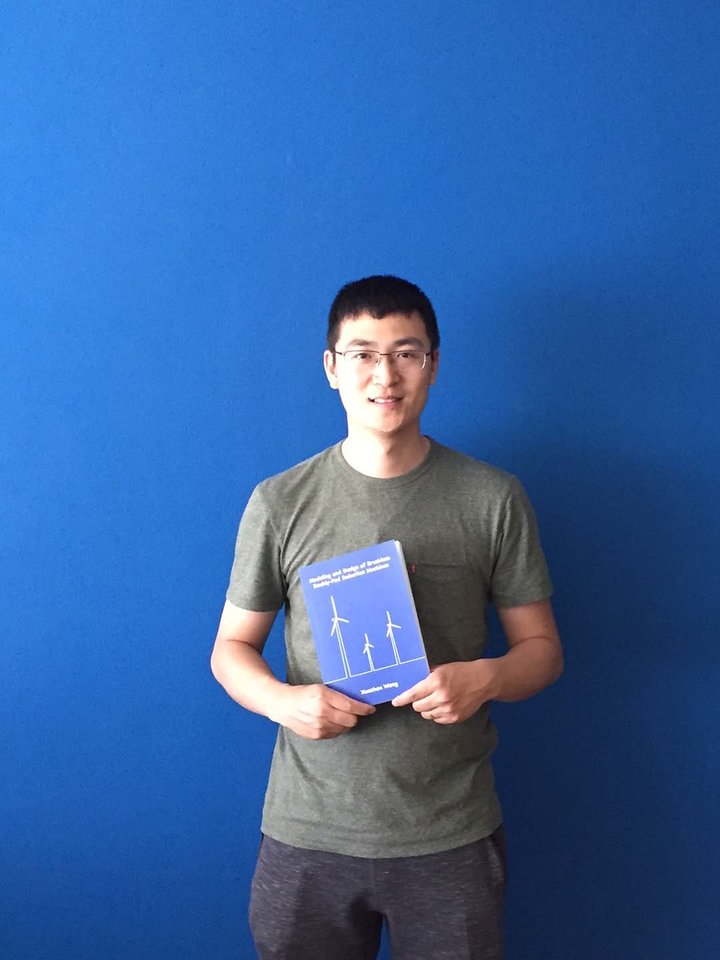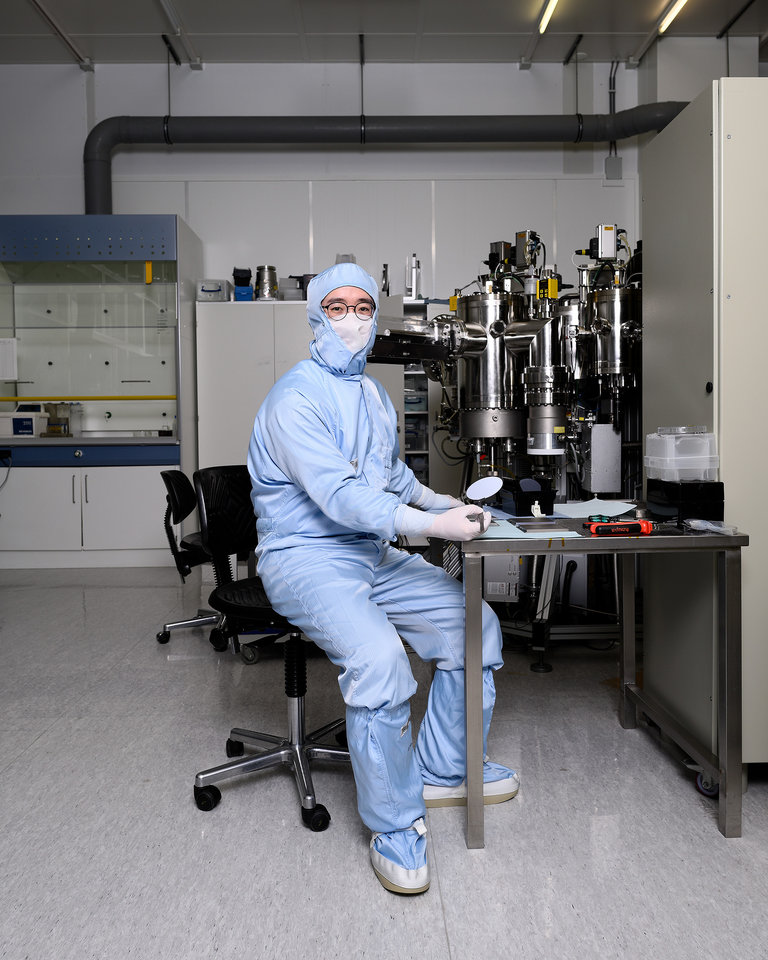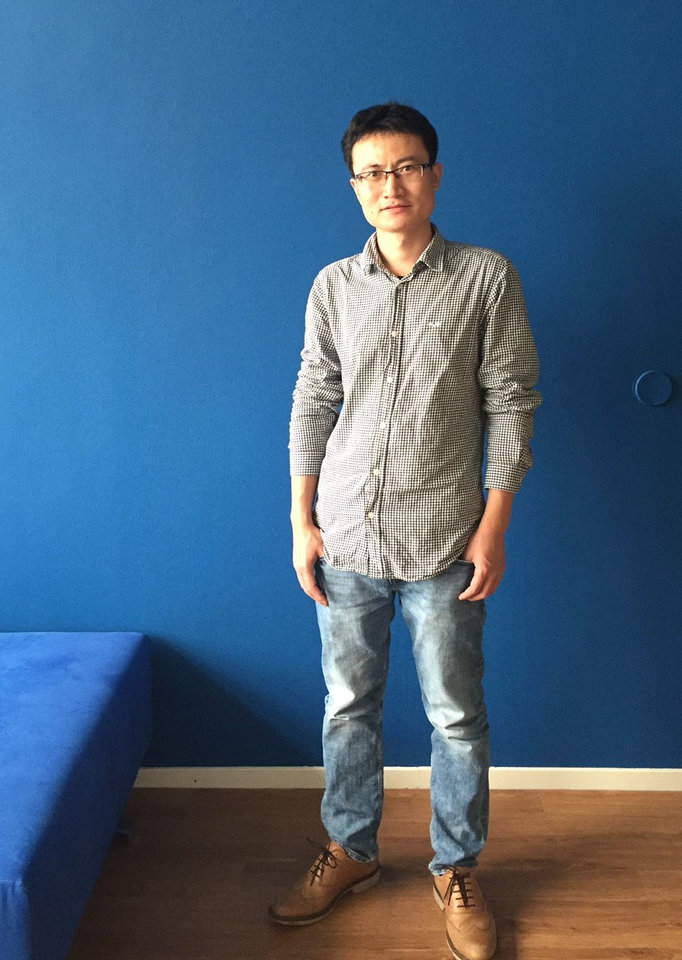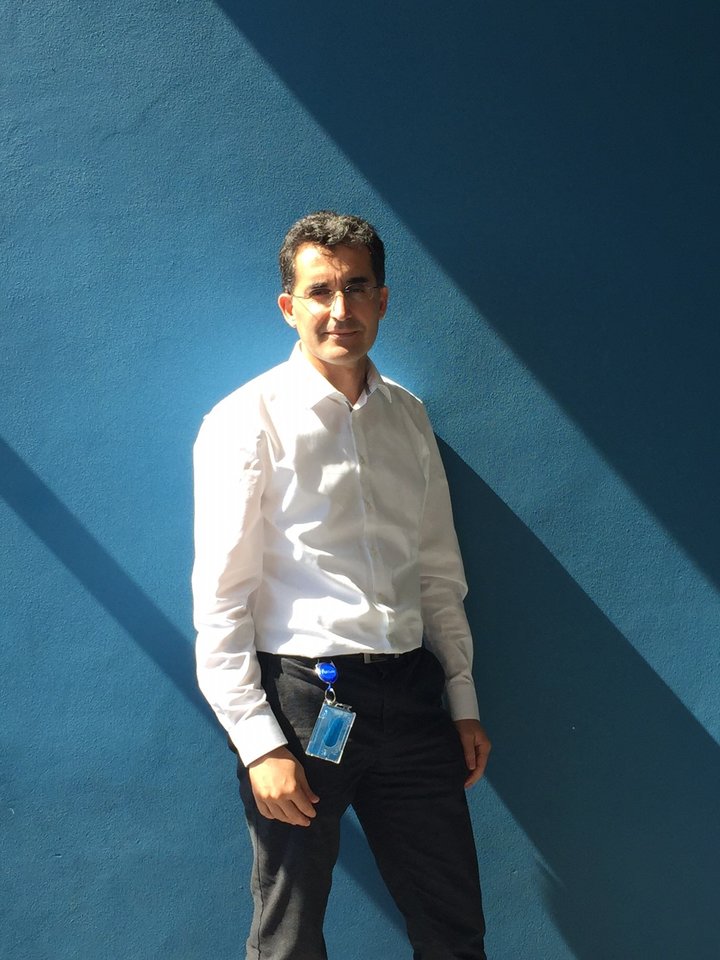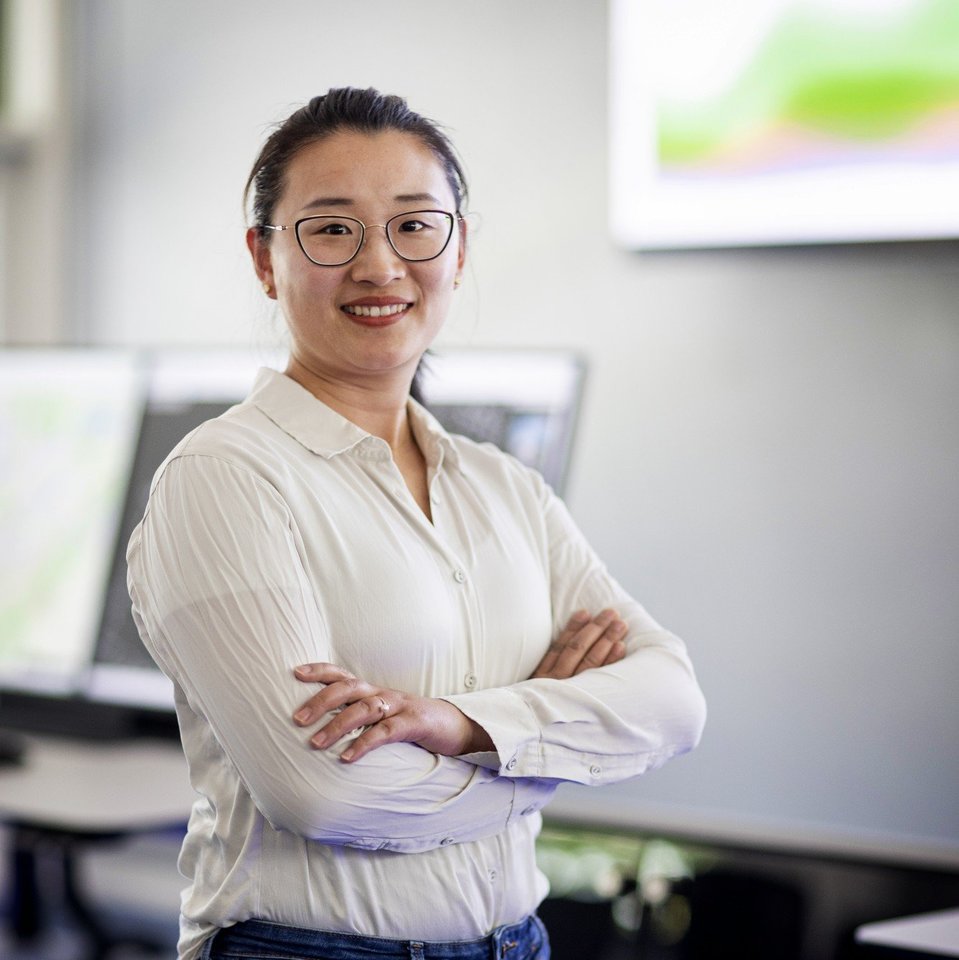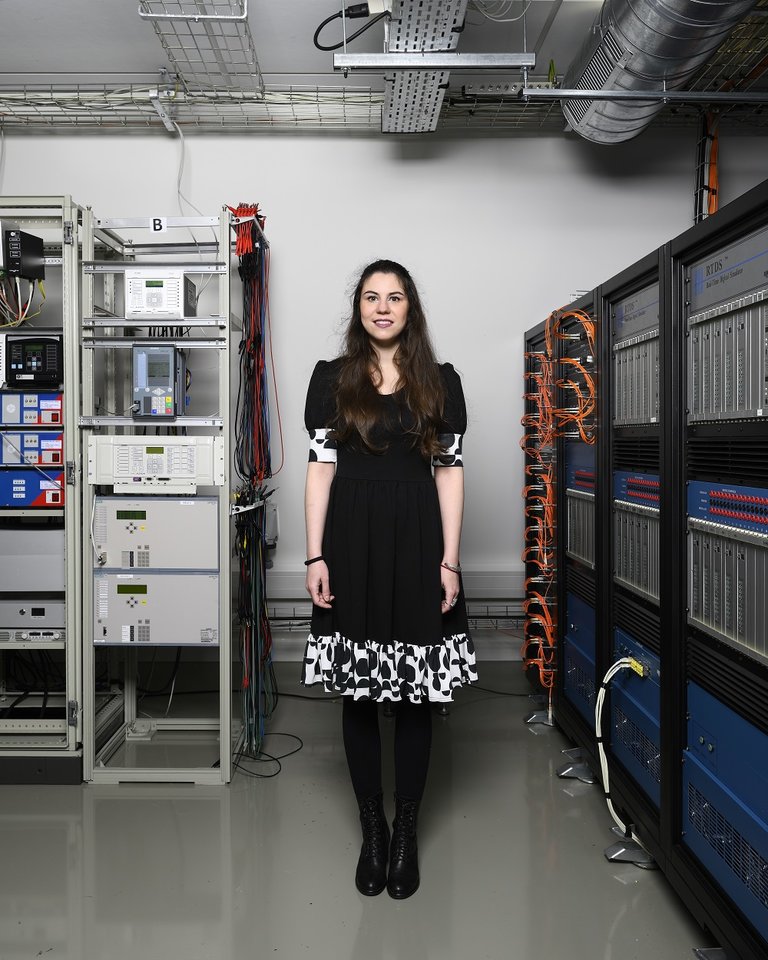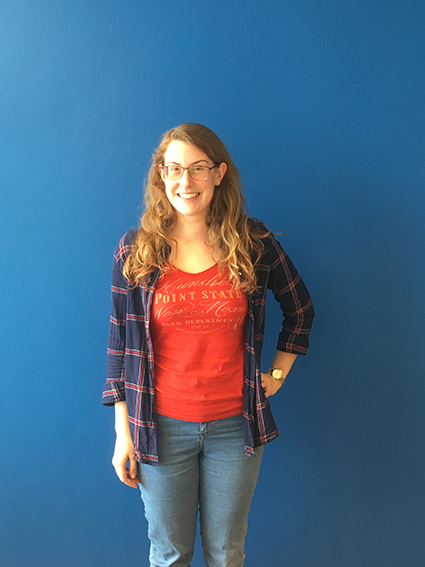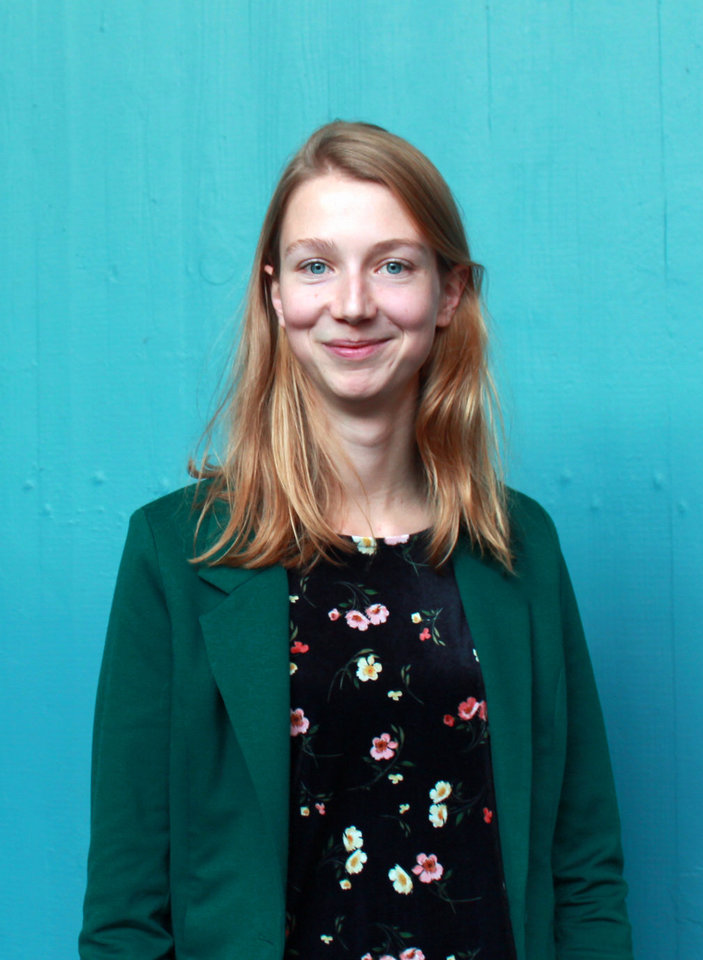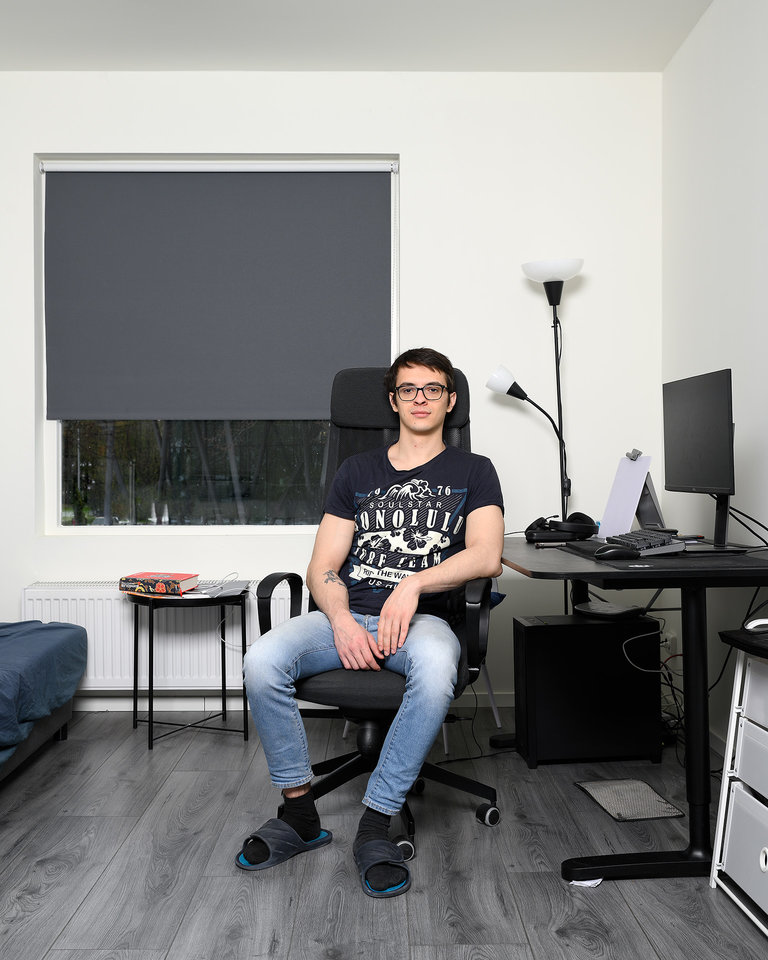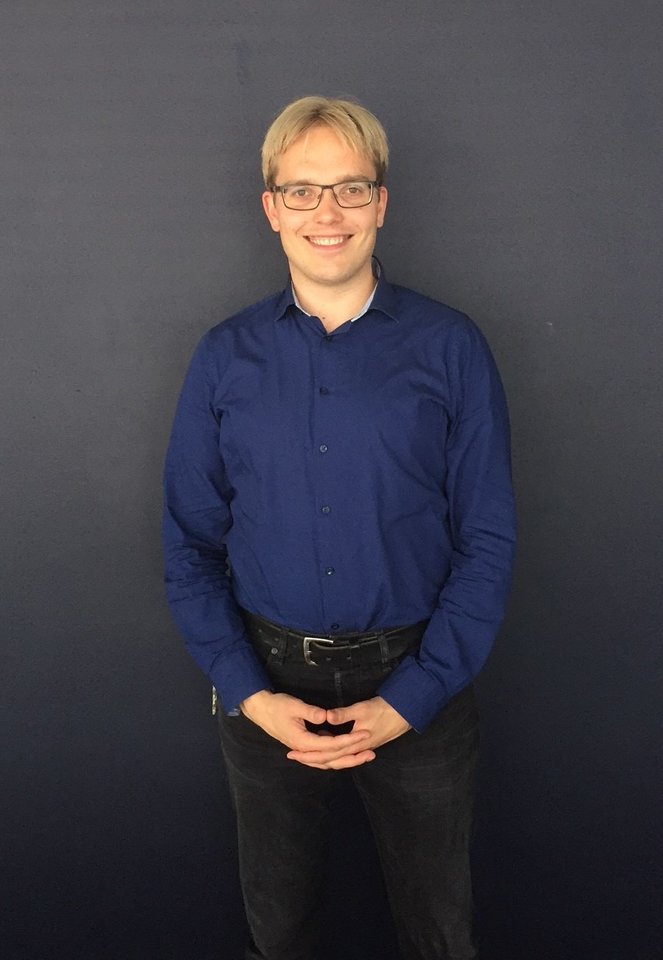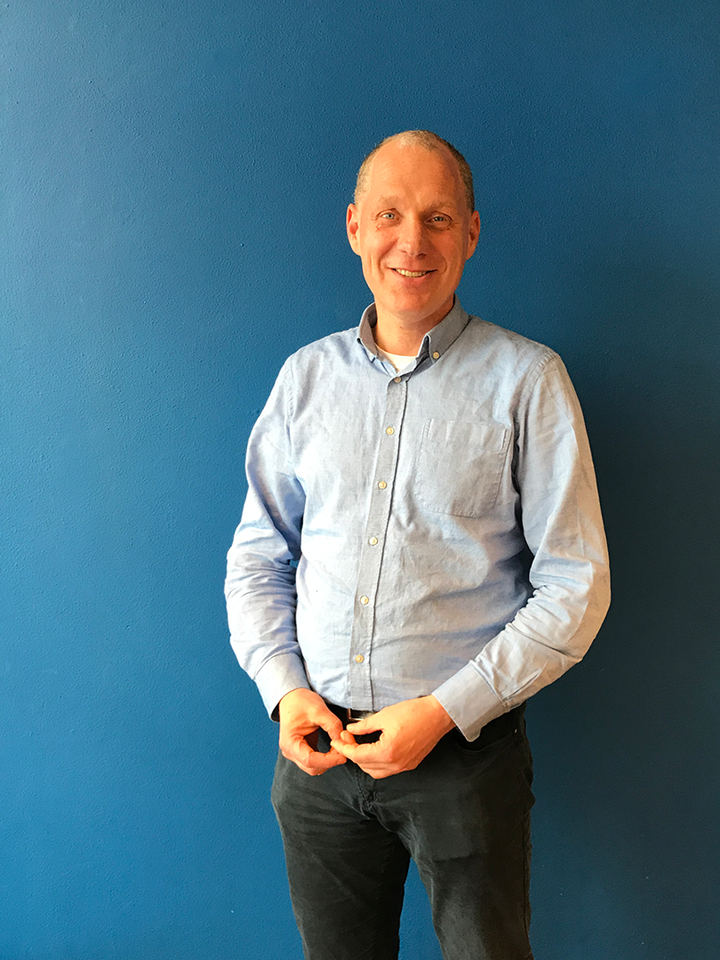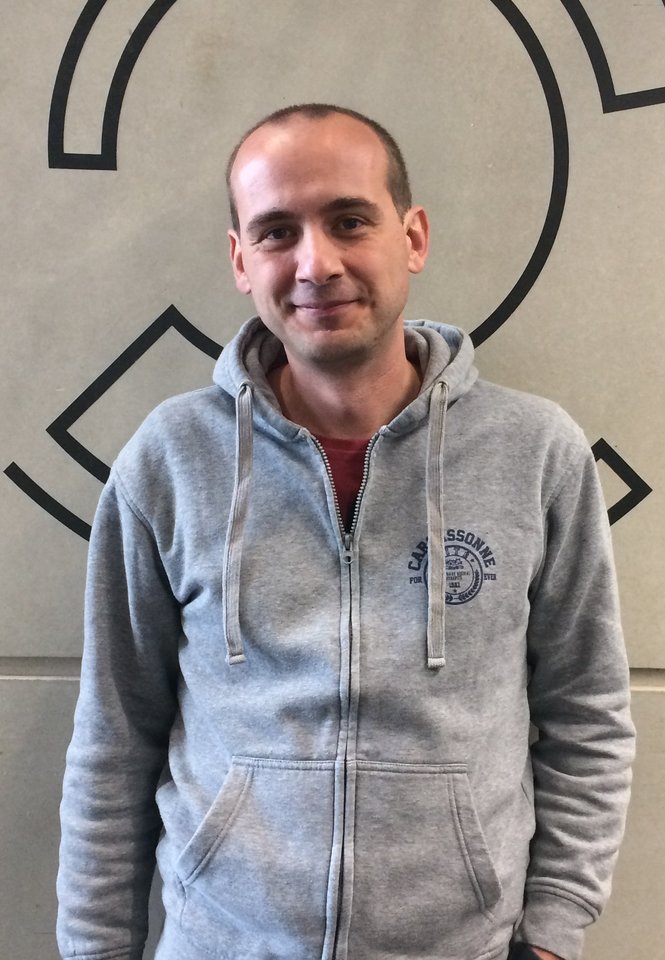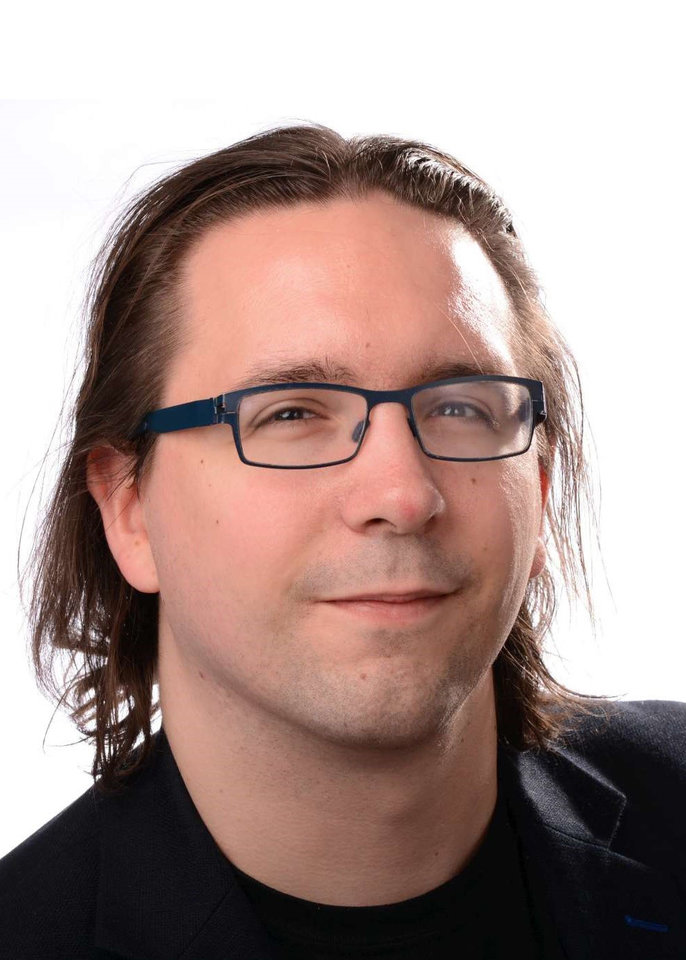Quantum computing can accelerate solving problems intractable to classical computers, such as quantum chemistry simulation and optimization. Previous research in quantum computer engineering has focused primarily at opposite ends of the required system stack: devising high-level programming languages and compilers to describe and optimize quantum algorithms, and building reliable low-level quantum hardware. Relatively little attention has been given to using the compiler output to fully control the operations on experimental quantum processors. Bridging this gap, we first proposed the QuMA series quantum control microarchitectures, which support executing instructions in our proposed quantum instruction set architecture, eQASM. eQASM and QuMA enable constructing a fully programmable quantum computer and more flexible control over qubits, which can boost the development of quantum computing.
“Quantum computing attracts me a lot because it has the potential to raise a revolution in human society while its research is still in the very infant stage” Xiang Fu says. “This fact basically means that we are confronted with countless valuable problems to solve and we can also explore our ideas which may shape this field greatly. I will continue my research in quantum computer architecture in China.”
PhD student Xiang Fu will hold his thesis defense on this topic on 11 December.




